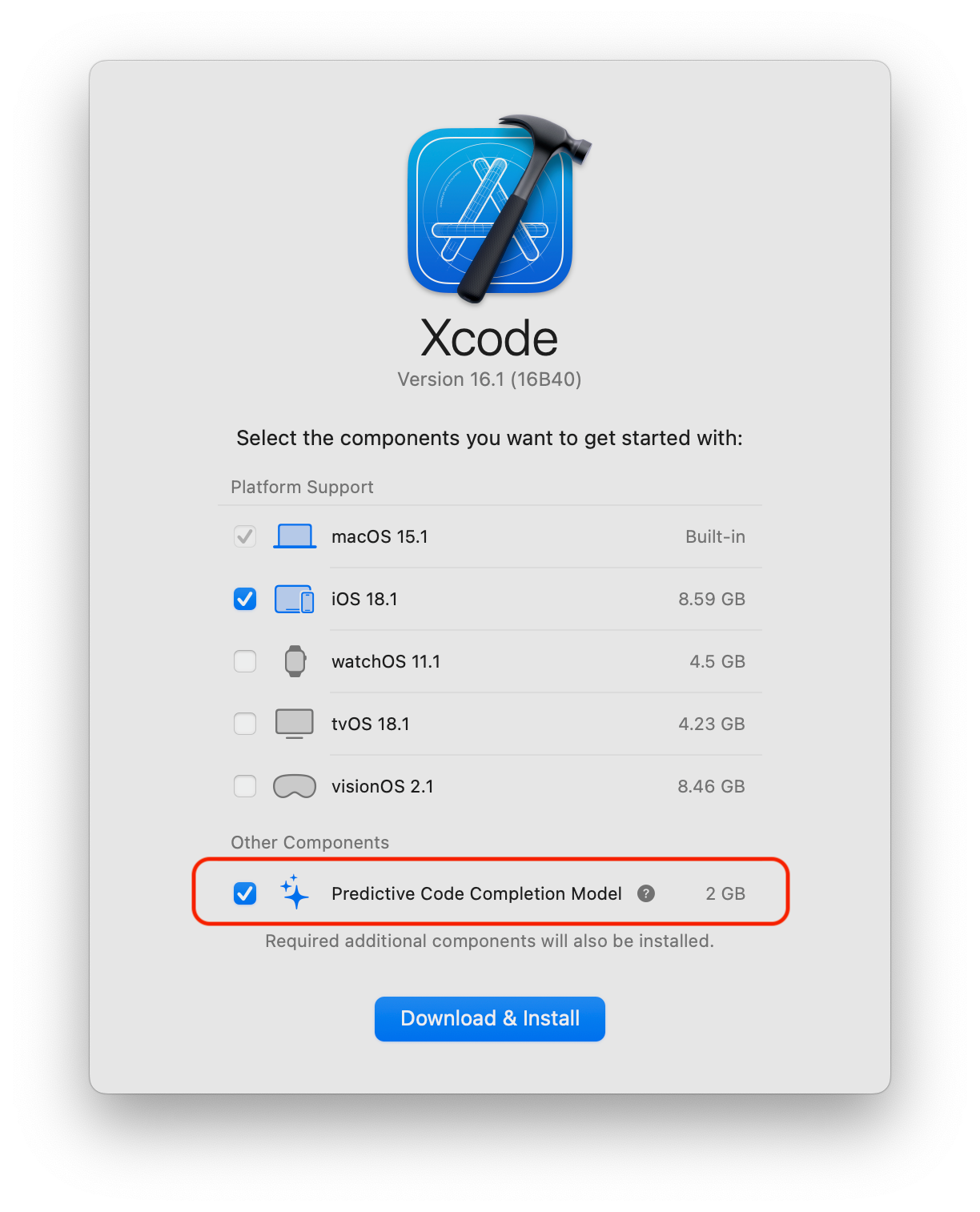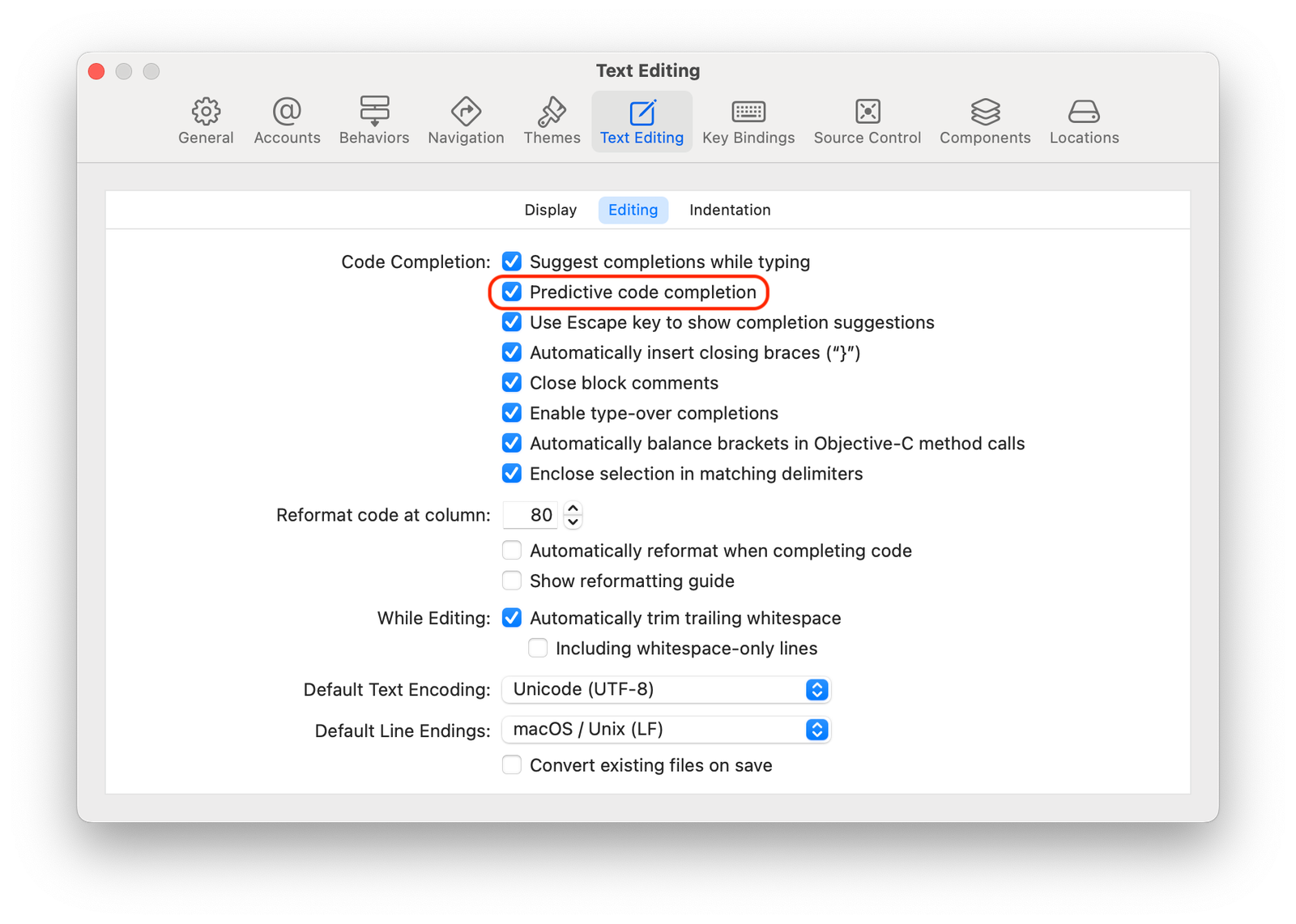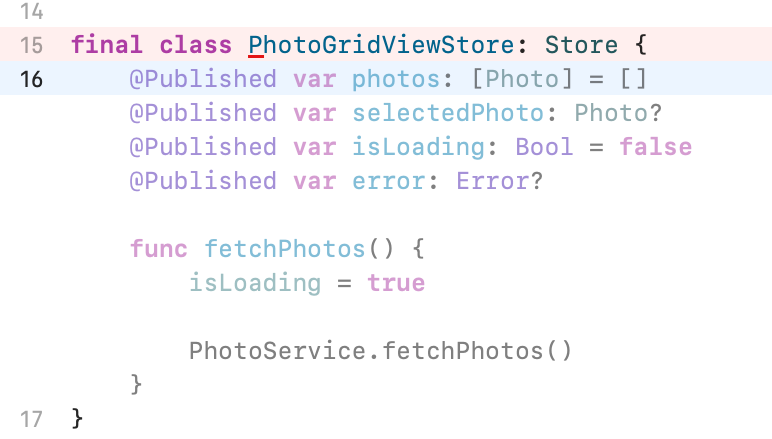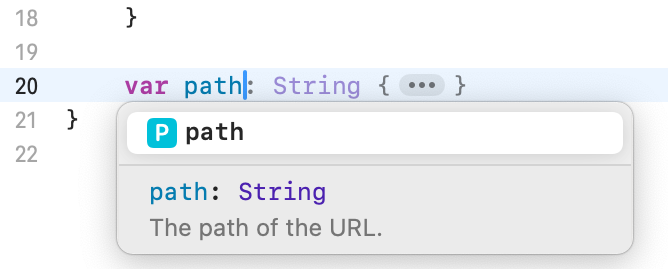
Apple got tired of developers using Copilot and ChatGPT, so they built their own code completion into Xcode 16 that launched in September 2024. The good news? Your code stays on your machine, leveraging Apple's Core ML framework for on-device machine learning. The bad news? It's nowhere near as smart as the cloud-based alternatives.
What It Actually Does
The feature shows gray text suggestions as you type. Hit Tab to accept them, Tab again for multi-line completions. Sometimes it guesses what you want to write next. Sometimes it suggests complete garbage that doesn't even compile.

It's decent at generating SwiftUI boilerplate - if you write a comment like "// Create a vertical stack with three buttons" it'll often spit out something close to what you want. But ask it to implement anything with actual logic and you're better off typing it yourself. Check out the SwiftUI tutorials to understand what it's actually generating.
The model can't learn from your mistakes or adapt to your coding style. It's read-only, which means every time it suggests the wrong API call for the third time, you're stuck with that same wrong suggestion forever. Unlike GitHub Copilot's adaptive learning, this model is frozen in time.
The Memory Problem Nobody Talks About
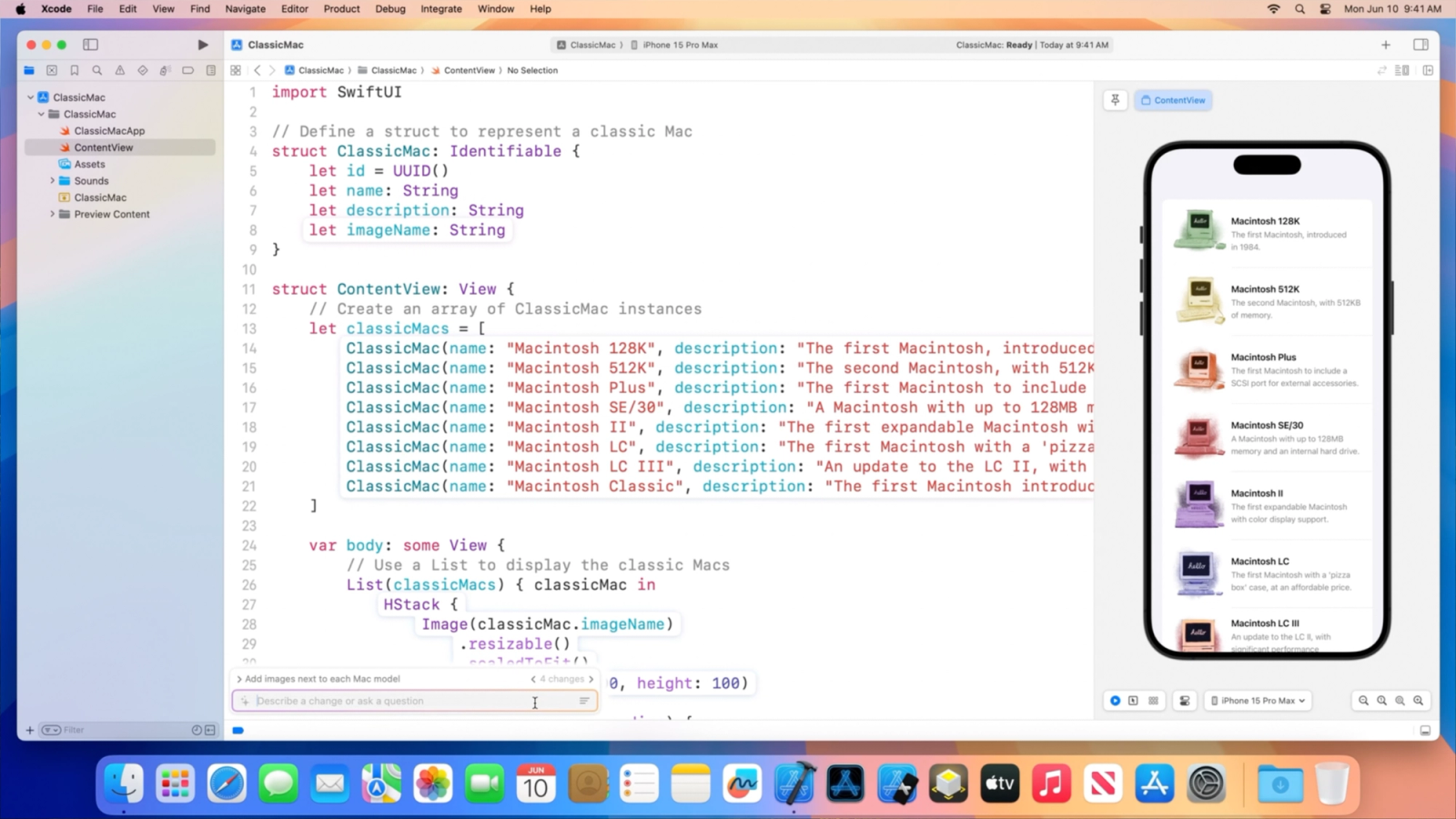
Here's the thing nobody mentions in the marketing: this shit needs 16GB RAM minimum. Not 'recommended' like their weasel-word marketing says - hard requirement or it won't even install. The 2GB model has to load into memory alongside Xcode, your project, and the iOS Simulator. Understanding iOS memory management becomes crucial when everything is fighting for the same RAM pool.
Bought an 8GB MacBook Air thinking you could do iOS development? You're screwed. Can't use predictive completion and Apple isn't going to let you upgrade that RAM. The unified memory architecture on Apple Silicon means everything shares the same pool.
Even with 16GB, you'll hit memory pressure if you're running anything else. Close your browser, quit Slack, and pray the simulator doesn't crash when the completion model is loaded. Check Apple's memory optimization guidelines to understand why this happens.
System Requirements (The Real Story)
- Xcode 16+ (duh)
- macOS Sequoia (won't work on older macOS versions)
- Apple Silicon only (Intel Mac owners can fuck off apparently)
- 16GB RAM or you're out of luck
- 2GB free space for a model that may or may not help you
The requirements aren't "recommendations" - they're hard requirements. Apple Silicon's unified memory architecture sounds fancy until you realize it means everything competes for the same RAM pool.
What September 2025 Brought Us
As of September 2024, this feature shipped with Xcode 16. A year later, and it's still the same frustrating experience. Zero updates to make it smarter, zero improvements to the memory usage, zero support for Intel Macs that cost $3000 last year and are "suddenly obsolete."
The 2GB model size hasn't shrunk. The memory requirements haven't improved. Apple clearly considers this "done" rather than an ongoing project that needs refinement. Meanwhile, GitHub Copilot keeps getting better, ChatGPT adds new capabilities monthly, and Xcode's completion remains frozen in its September 2024 state.
This isn't unusual for Apple. They ship a 1.0 feature, declare victory, and move on to the next shiny thing. Remember when Siri was going to revolutionize computing? Same energy here.
